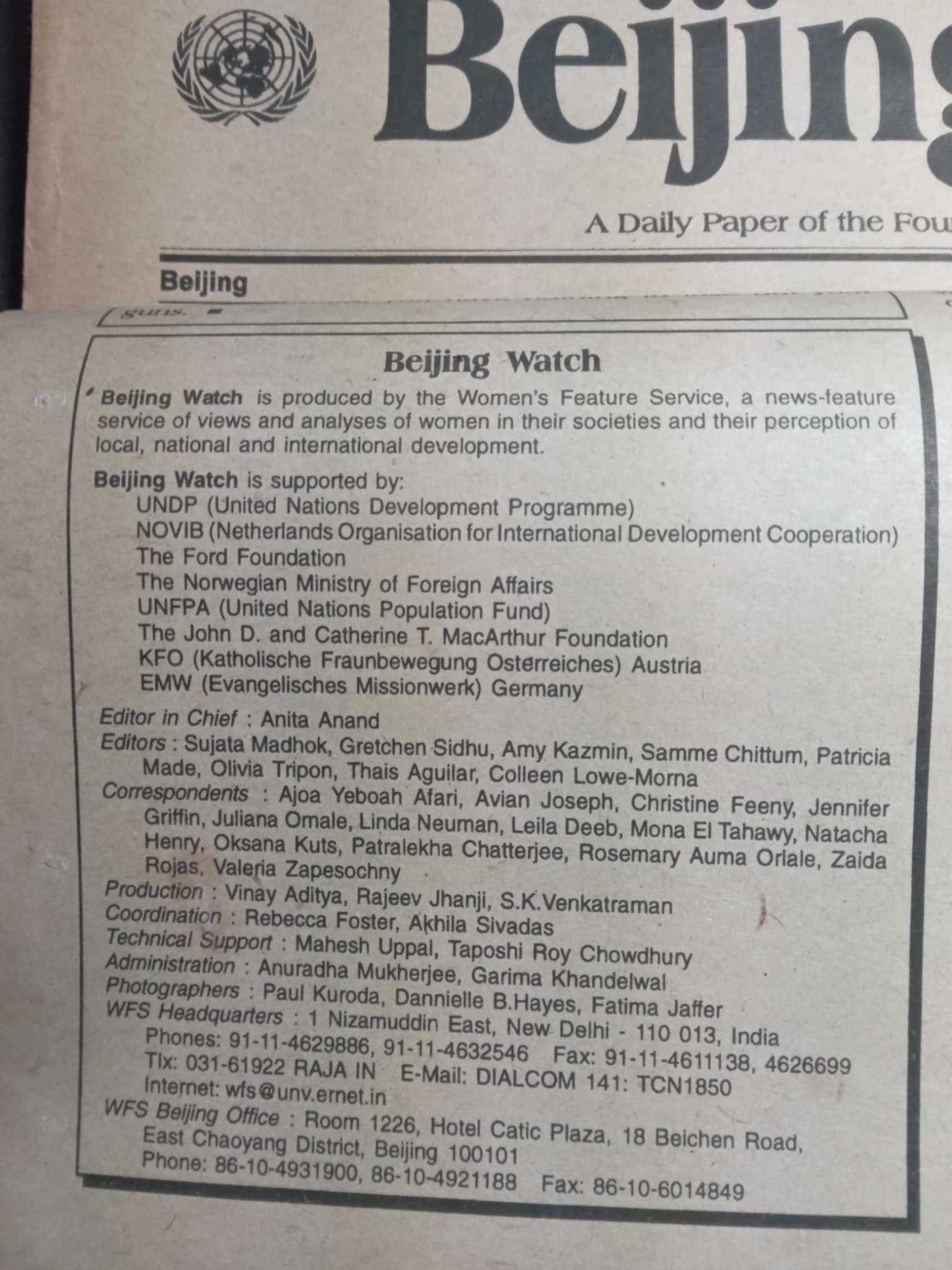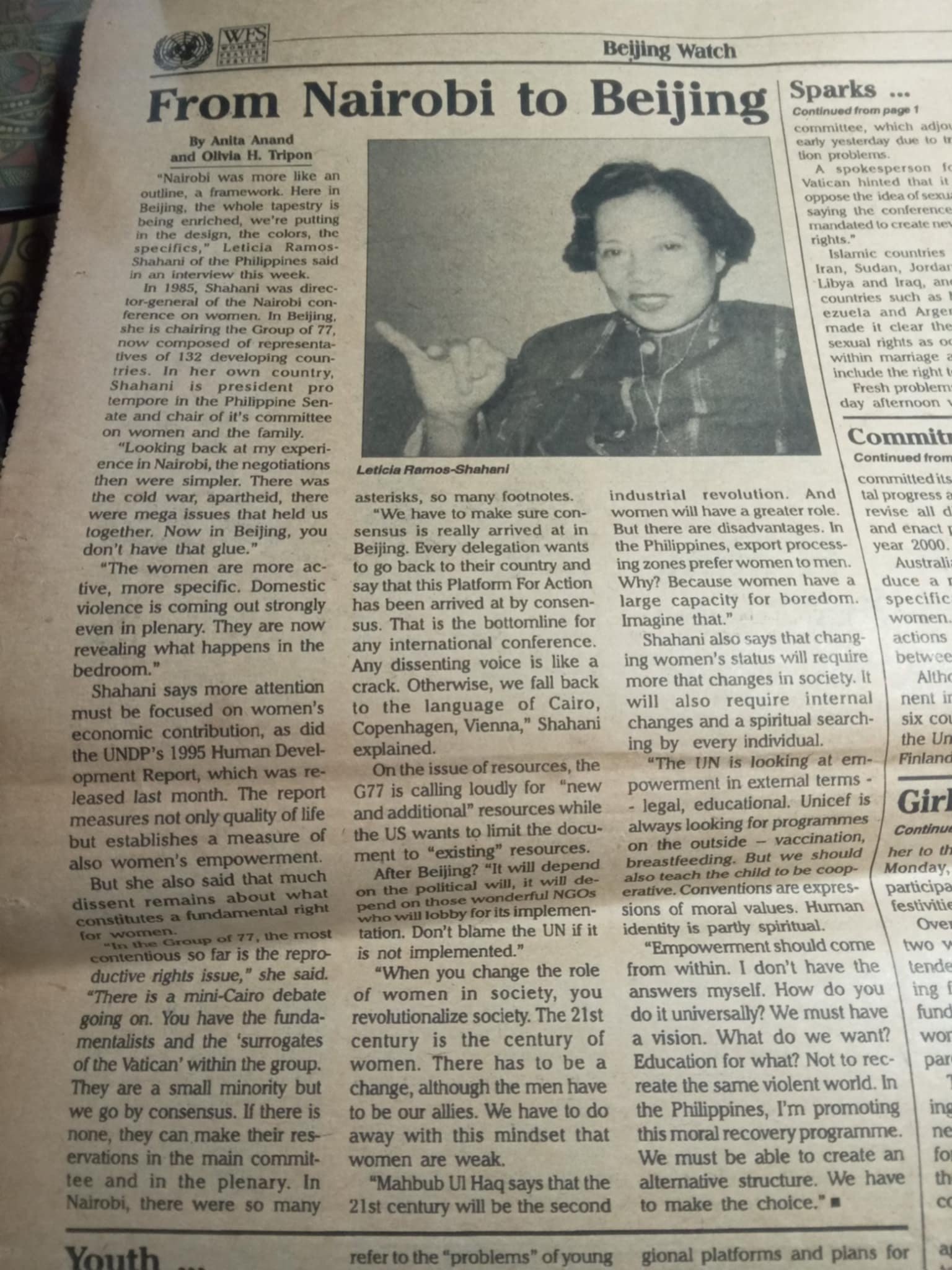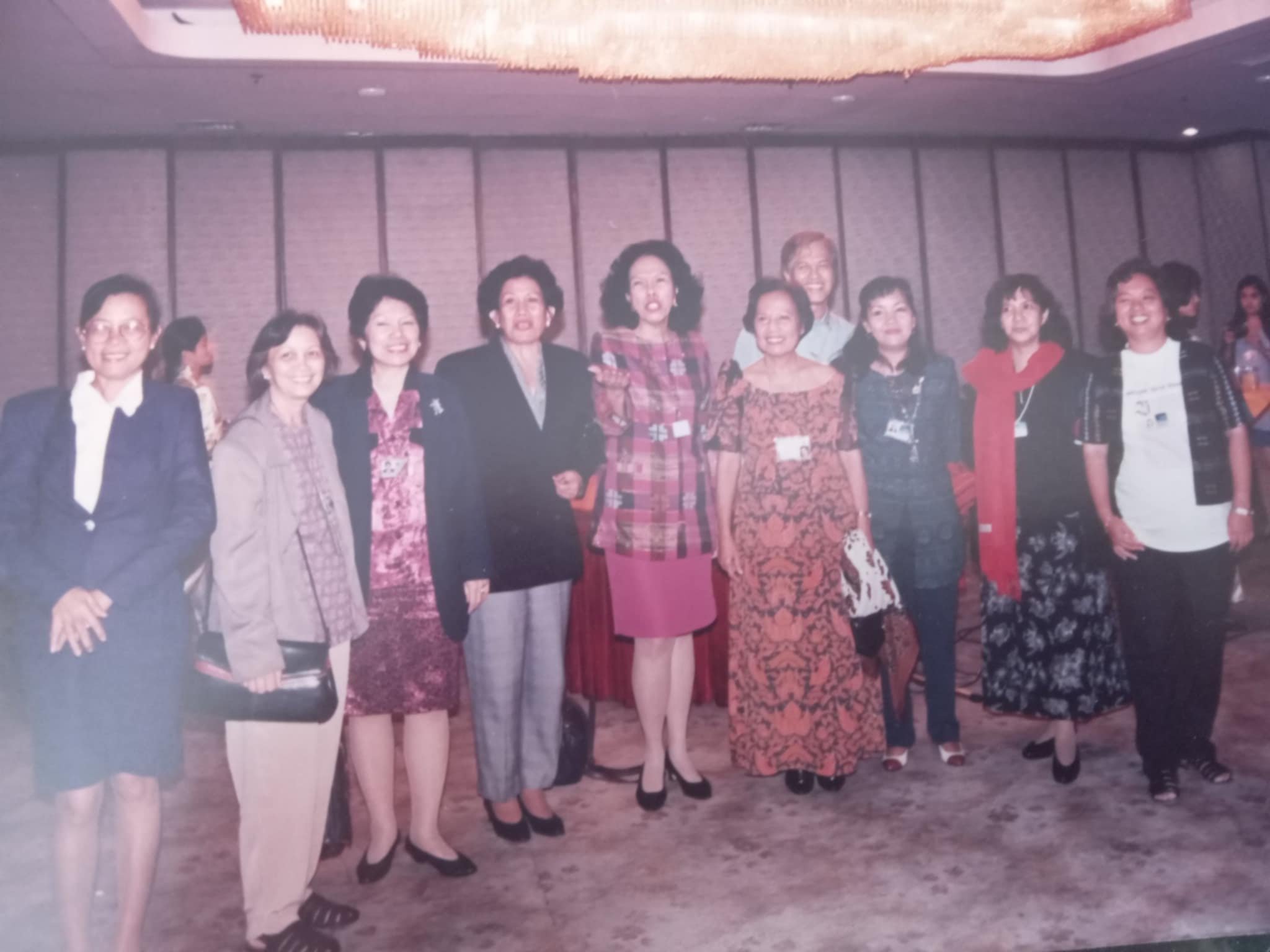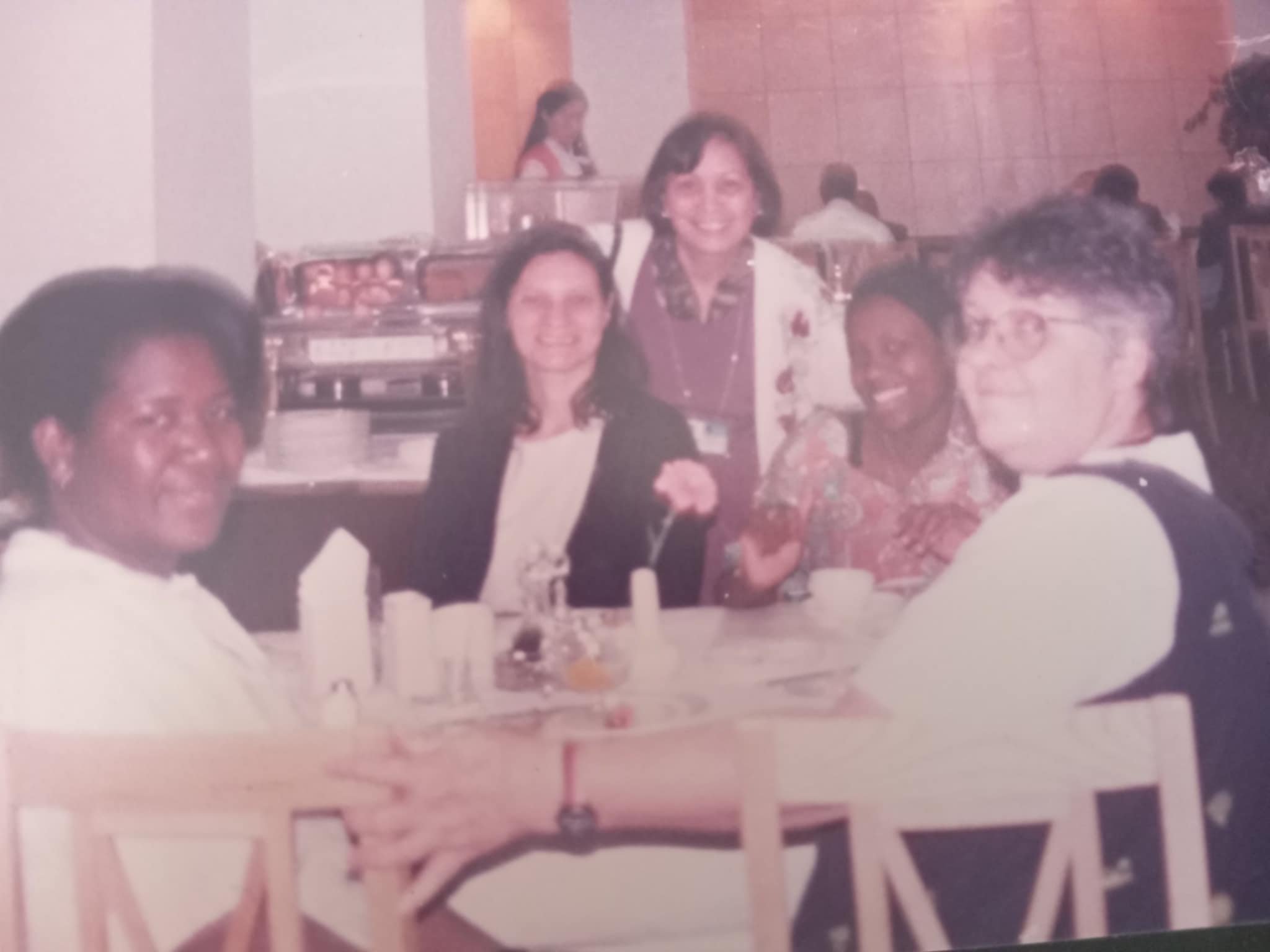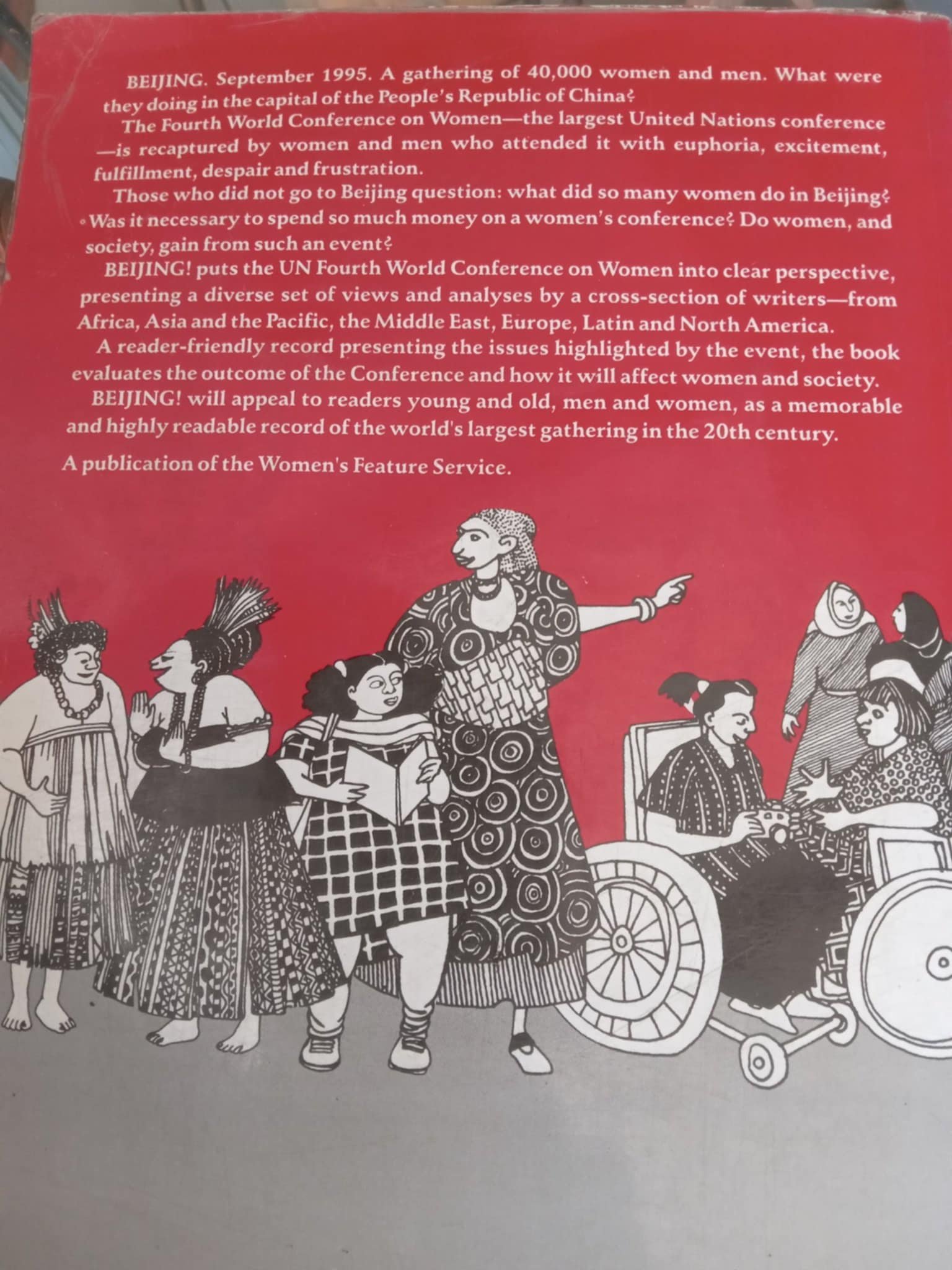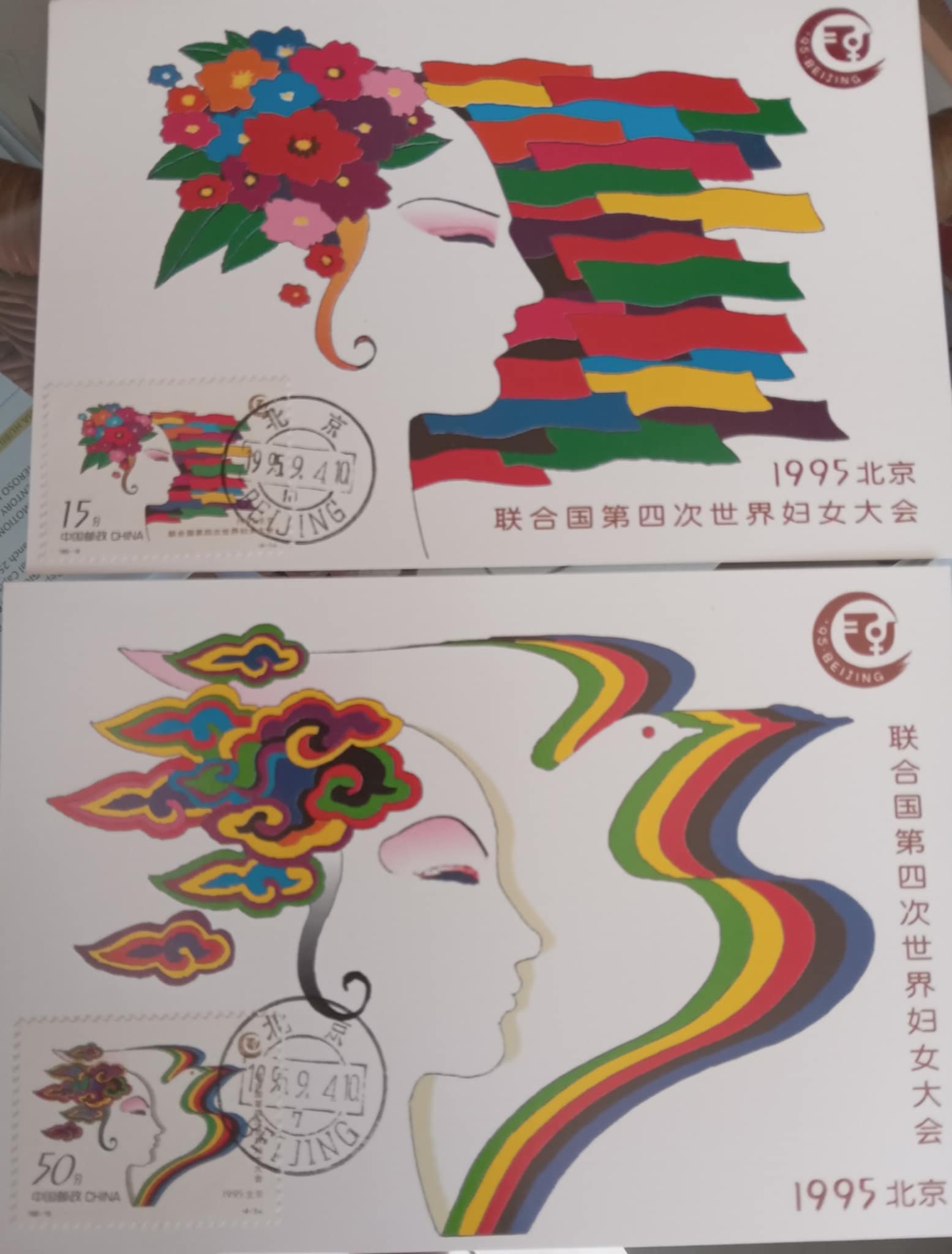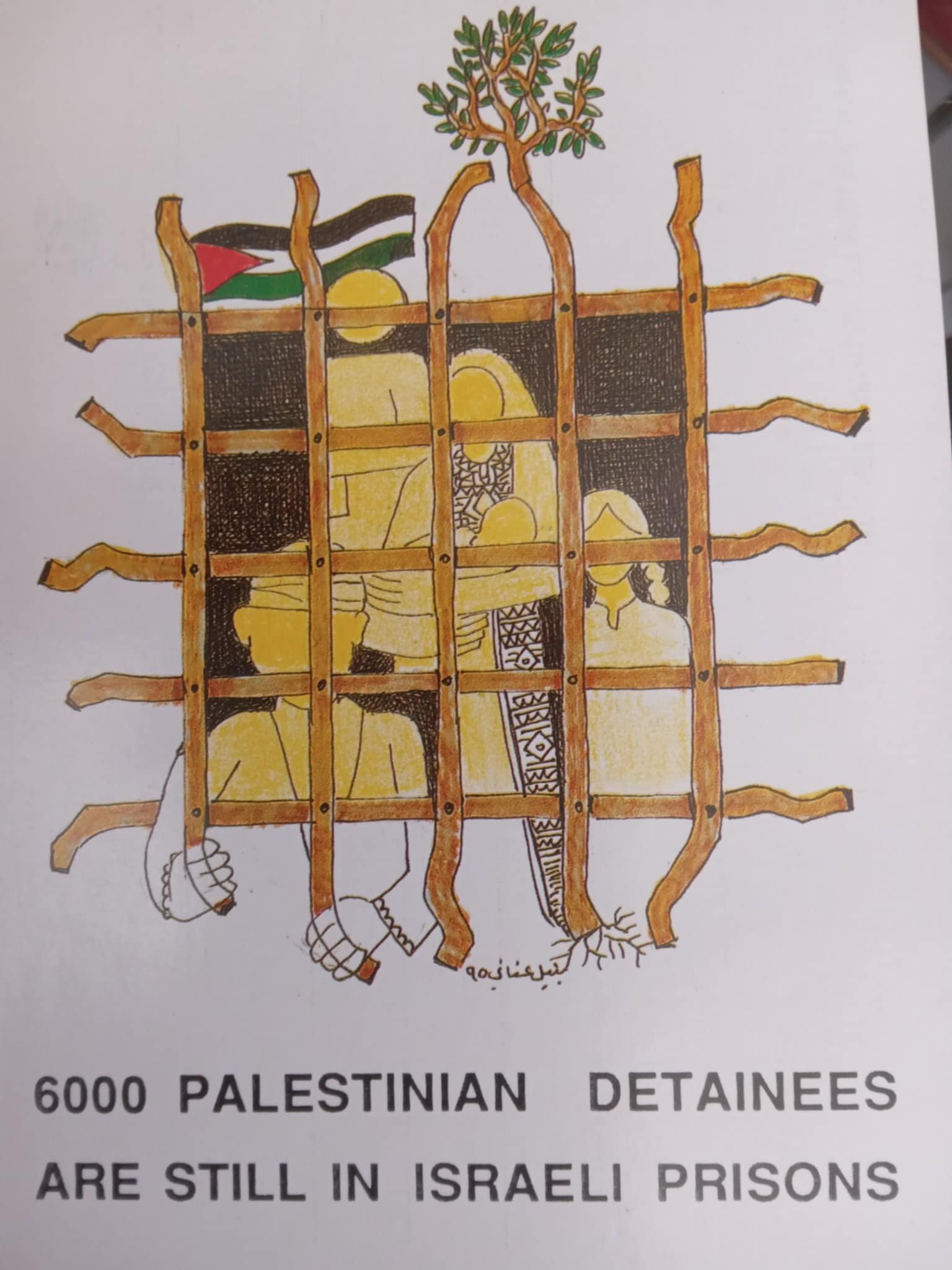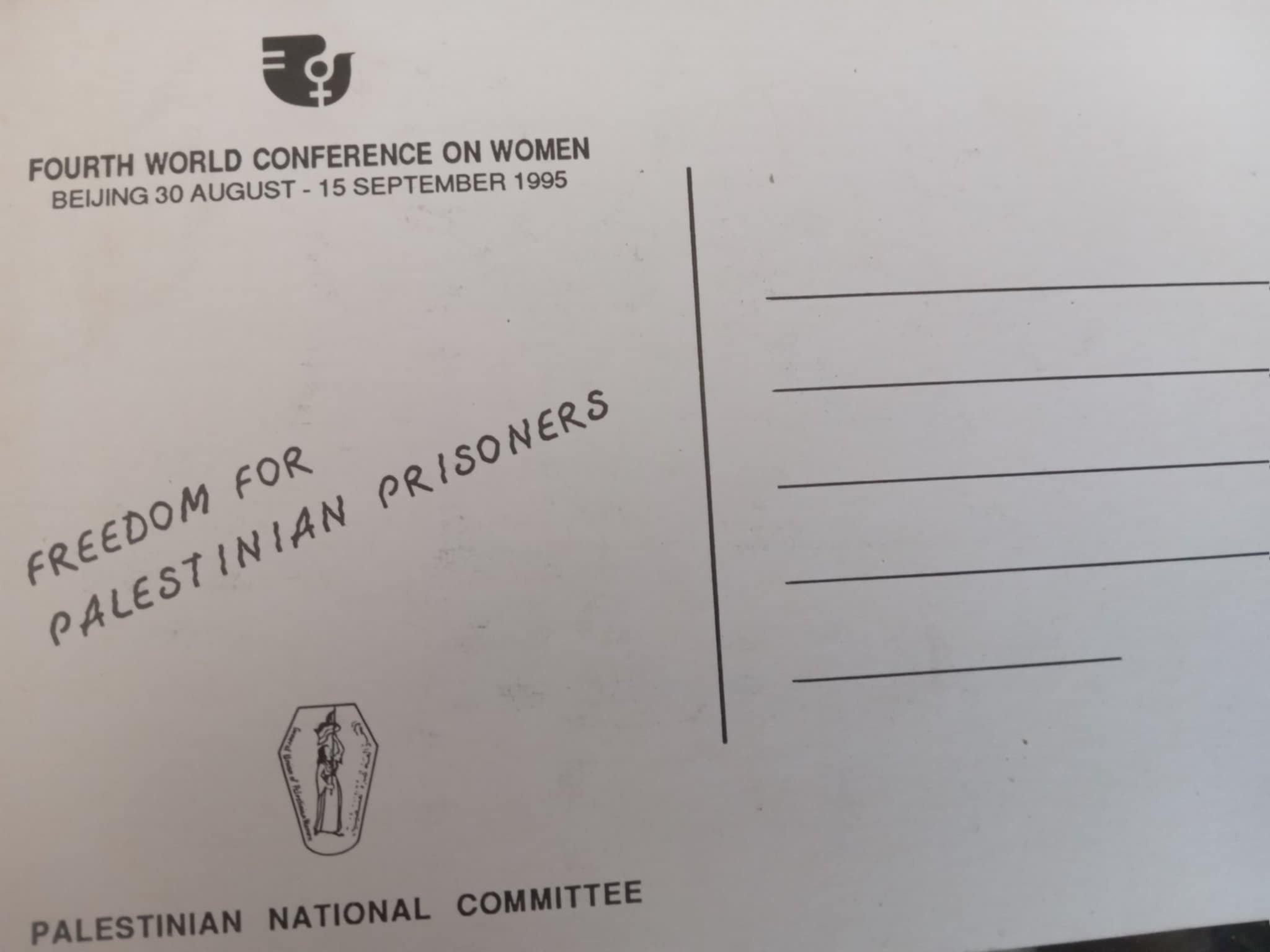Interview: Philippine editor remembers joyous Beijing Conf, cites gains, threats
Editor’s Note:
I’ve had the privilege of having an online conversation on the 1995 Beijing Conference on Women’s Empowerment with my former editor, Olive Tripon, who ran the Women’s Feature Service (WFS) – Philippines in the mid-1990s. I was the Visayas Bureaus chief of WFS in sometime in 2000-2005.
Olive is based in Manila and remembers the joyous gathering of women at the Conference. She points out that the many gains in legislation and economic programs may be lost to unabated wars and the rise of authoritarianism in many parts of the world.
Olive Tripon
Excerpts:
What’s your recollection of the Beijing Conference in 1995 as a journalist?
It was a joyous coming together of more than 40,000 women from all over the world. We WFS journalists mirrored the diversity with editors from Africa, Latin America, Jordan, US, Paris, Ukraine, India and the Philippines. The conference was themed on equality, development, and peace.
However, we were disappointed that our daily newspaper was published inside the Earth Times whose editor was a man while WFS Beijing Watch was an all-woman team.
Tripon, holding a Sony recorder, interviewing Philippine Senator Leticia Ramos-Shahani in Beijing with WFS director Anita Anand.
Was the Chinese government tolerant of international media during the conference?
It was understood that the UN Conference was independent of the Chinese government. But we were asked not to say anything negative about the host government. In other words, there was censorship. The US team refused to contribute to the daily but only on the WFS online site.
The non-government counterpart forum in another location outside Bejing, in Huairou, had a daily newspaper. But we all had to use printers sanctioned by China.
The goings on in Huairou were more fun and diverse compared to the formal and serious UN conference.
Beijing Watch, produced by the women-led Women’s Feature Service for the 1995 Beijing Conference.
Full text of the WFS article by Tripon and Anand on Sen. Leticia Shahani, a respected woman leader and seasoned diplomat, trailblazer of women’s rights in the Philippines and globally. Shahani quipped: “Empowerment should come from within. The UN is looking at empowerment in external terms - legal, educational.” It will require internal changes and a spiritual search, she opined.
Tripon with journalists Domini Torrevillas Suarez of Philippine Star (4th from left), Melinda Quintos de Jesus, and Rina Jimenez-David of Philippine Daily Inquirer (2nd and last from right). At the center, Patricia Licuanan and Sen. Leticia Ramos-Shahani.
Tripon with WFS writers in Beijing.
Beijing!, a compilation of women’s narratives by WFS.
Beijing!, an important literature on women’s movement for empowerment.
Were the NGOs more forthcoming than the meeting of the states at that time?
The issues that came out were the same – inequality such as double burden or unpaid work of women and violence against women. There was a contingent of Korean and Filipino comfort women who began to come out at that time.
Did you think the Beijing Conference made a difference in the quality of life for women 30 years later?
In the Philippines, a lot of women's organizations sprouted on many advocacies after Beijing. Also, many laws to protect women against violence, to promote reproductive health, etcetera were passed. However, teen pregnancies and HIV AIDS among the youth are increasing.
In some areas, yes, the Beijing platform made a difference. There are laws that protect women and depending on the leadership of the country they are in. Some leaders are women - they have the freedom, the voice and the agency to claim their rights.
Postcards from Beijing, from Tripon’s memorabilia
A souvenir postcard of Palestine from the 1995 Beijing Conference, from Tripon’s memorabilia
A Palestinian postcard from the 1995 Beijing Conference, from Tripon’s memorabilia.
The final report of the NGO Forum on Women in the 1995 Beijing Conference.
Did the member states of the UN substantially implement the Beijing Platform?
After 30 years with five-year reviews in between, the Beijing Platform for Action is far from implemented.
Some of the gains like laws to promote women empowerment are being eroded. The Taliban is still banning education for women in Afghanistan. There’s the US reversal of Roe vs Wade. And there is a growth of trafficking of women and girls.
Aside from the 12 areas of concern, there are emerging issues like the LGBTQ, the elderly, persons with disabilities, and indigenous women.
Today, with the creeping autocracy and veering towards the right, some of the gains achieved in Beijing are in danger of being lost. Women are more vulnerable to online violence and other dangers of social media.
With ongoing wars and conflicts – the genocide in Gaza and the West Bank, Ukraine, Syria, Congo, etcetera - the women and children are the most affected.
I’d like to segway our conversation on Sen. Leticia Ramos-Shahani. What is your recollection of her as a trailblazer in institutionalizing women’s rights? I believe that the 1995 Beijing veterans should also honor her this month.
Shahani is a trailblazer, leader and doer for women's empowerment.
As chair of CSW in 1974 when UN General Assembly declared 1975 as the International Women’s Year, Shahani was the first to think of a "national machinery" for women – thus the National Commission on the Role of Filipino Women (NCRFW) was born.
She put women on the international agenda at the first International Conference in Mexico in 1975 where UNIFEM and INSTRAW were organized and declared 1976-85 as the UN decade for women.
Shahani drafted the Convention on the Elimination of All Forms of Discrimination Against Women (CEDAW) or the internationally accepted principles of women's rights. This was adopted by the UN General Assembly in 1979.
In 1980, Shahani led the world conference of the UN Decade for Women in Copenhagen. The program of action included a condemnation of Zionism as a form of racism (US, UK, Canada and Australia voted against it) so there was no consensus.
However, the CEDAW was signed initially by 64 countries including the Philippines, and there was an NGO forum.
In 1983, she was the Secretary-general of the Third World Conference in Nairobi. Learning the lesson from Copenhagen, she organized "forward-looking strategies for the advancement of women" in the regions and four preparatory meetings.
Again, the word of contention was "Zionism.” Used in the program outcome, the US threatened to walk out. If deleted, Africans and Arabs threatened the same.
In the end, the Z word was deleted and "all forms of racial discrimination" were acceptable to all and passed by consensus. In Copenhagen, gender mainstreaming began.
She was in the global diplomatic world the whole time. Wow!
Hindi pa tapos. Pres. Cory Aquino asked her to come back to the country after the Edsa revolution to be the NCRFW chair, to include NGOs in the board and drafted the Philippine Development Plan for Women.
She was senator (1987-99) when she led the Philippine delegation to Beijing. But as senator, she passed the anti-rape law, the Gender and Development (GAD) budget where 5% of all budgets to be used for women, and equal pay for equal work in the Labor Code.
She spent her life on women’s rights promotion. What is your personal impression on her?
My personal impression - I couldn't call her Tita Letty or Manang Letty out of respect for an idol.
We would bump into each other in New York for the CSW at least when I was able to attend in 2000, 2005 and 2010. She would acknowledge me as a good friend.
When she retired, she spent her days in her farm in Pangasinan and launched the "white revolution." She got bulls from India to improve the carabao milk industry and organized a farmers coop.
One day as I was going home from my office building, I saw Sen. Shahani waiting for her car. I was startled when she asked me, "Olive, where are the women? They don't go to the streets anymore." This was probably in 2013. I told her, the women are online this time.
Where can we get a detailed account of her life?
This is my source – the WFS book, “Shaping the Women’s Global Agenda: Filipino Women in the United Nations.” It was funded by UNIFEM. Elena Masilungan was the author of Shahani's bio.
WFS honored the Beijing "lolas" - Tatti Licuanan, Amb. Manalo, and Shahani, at an intergenerational forum. I remembered 20 young writers gave them a rose each that in the end each "Gadmother" got 20 roses for the years after Beijing. That must have been in 2015, one of the last training courses done by WFS.
Shahani was already sick of cancer, but she still attended. She died at 87 in 2017. I remember her words, "Feminism is part of a lifestyle. You have to live it."#


